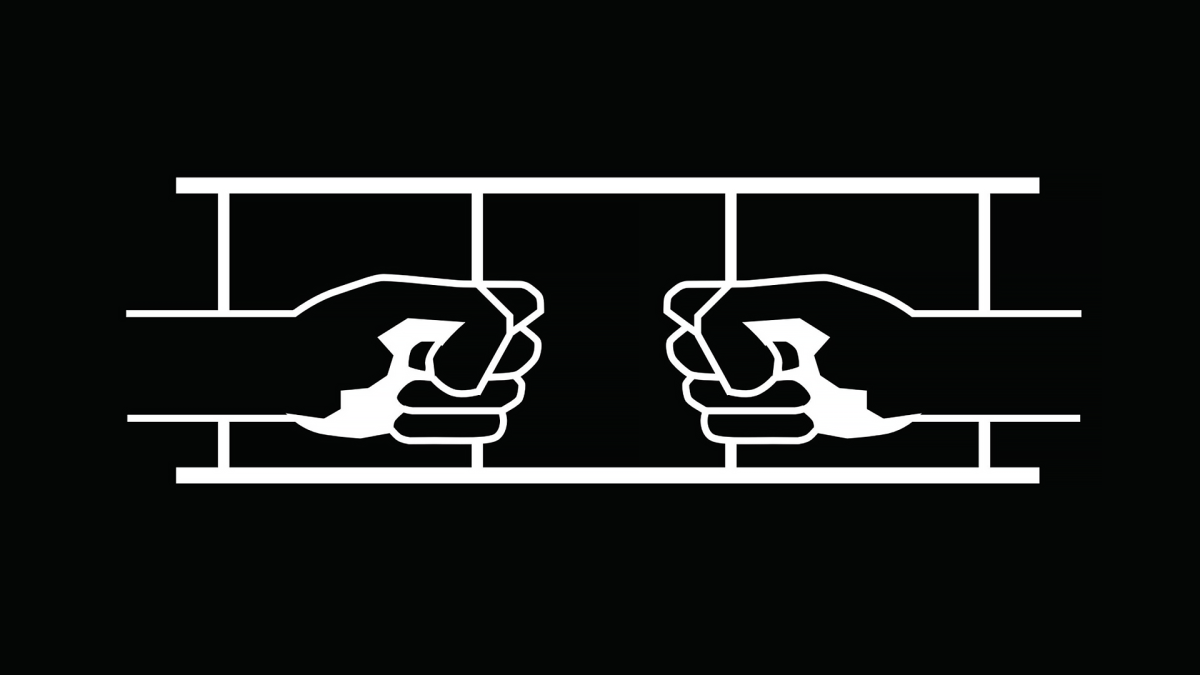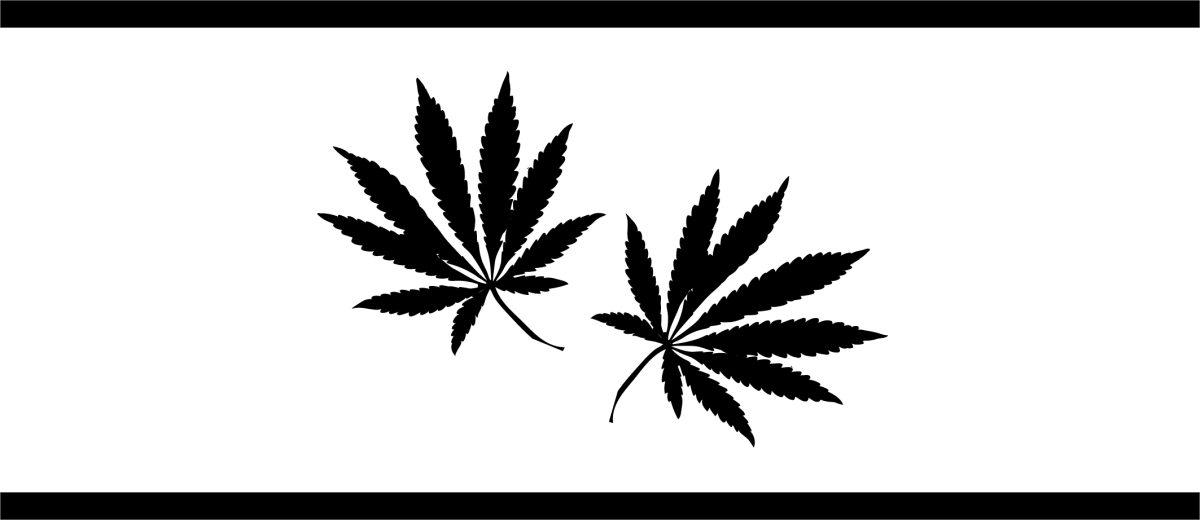Indigenous law is complicated; various reservations and nations are all recognized differently, at different times, by different laws. They don’t all have the same rights, and there are plenty of cases of multiple independent nations living on the same reservation. Generally, they are considered independent from state governments but subject to federal law. They operate like states with their own courts and legislators but don’t have the privileges of statehood. What does this mean for cannabis regulation?
In 2013, the Department of Justice (DOJ) issued a memo outlining how the Drug Enforcement Administration (DEA) and other parts of the DOJ should enforce federal cannabis laws; it came to be known as “The Cole Memorandum.” The memo highlights that cannabis enforcement has traditionally been the purview of individual states and announces that cannabis enforcement is not going to be a priority for the DOJ. While this isn’t a concrete law or policy of non-enforcement, most took this to mean that the DOJ won’t prosecute possession of marijuana, with exceptions like minors in possession and violent crimes involving cannabis.
The Cole Memorandum focused on the relationships between the federal government and individual states, leaving open questions about legal bodies like Indigenous nations, territories, and Washington D.C. 15 months after the Cole Memorandum, the DOJ released a memo titled “Policy Statement Regarding Marijuana Issues in Indian Country,” essentially stating that federal cannabis laws aren’t worth enforcing in Indigenous nations. The Statement raised concern amongst some Indigenous law experts, seeing as there was no formal promise, only a statement of
enforcement prioritization.
Less than a year later, in 2015, the DOJ raided a growing facility on reservation land in northern California called XL Ranch. Officials listed the probable cause as enough cannabis was being grown and processed on the property to suggest it was being sold outside of the reservation. This set a precedent that led to the Flandreau Santee Sioux Tribe burning their cannabis crop after discussions with the DOJ, where they were informed of a possible raid. DOJ representative Tim Purdon reported that the department did not say a raid was “imminent,” stating a threat was not made to the Sioux growers. The Sioux’s cannabis project was estimated to bring in a $2 million monthly profit.
The first Trump administration was marked by a high turnover in the federal administration, including seven Attorneys General. Only one of the Trump appointees lasted more than a year, so the ones that wanted to crack down on cannabis didn’t have the time to before they were replaced. The Biden administration appointed Merrick Garland with a generally hands-off approach that was in line with the Cole Memorandum. This eight-year administrative period is marked by the formation of a status quo of non-enforcement of cannabis laws by the DOJ, but the new Attorney General might put an end to that.
On February 6 this year, Pam Bondi was appointed Attorney General of the United States by President Trump, and she has a long anti-cannabis policy record. Over multiple years serving as Florida’s Attorney General, she publicly opposed cannabis legalization, including for medical use. With six Indigenous nations having legalized cannabis, they would serve as a perfect testing ground should Bondi decide to go after legal cannabis. Indigenous nations are not states and are vulnerable to federal strong-arming because of this, as well as their relatively small populations. Cannabis has been established as a legitimate source of wealth in these nations, and they do not have adequate defenses should the DOJ decide to go after them.
Indigenous Nations have historically been the DOJ’s punching bag whenever they want to test a new set of policies. It is a fair prediction that Natives will be Pam Bondi’s first target. Typically, when you want to support a community, you support them financially, but seeing as no Oregon reservations have legalized cannabis and selling across state lines is illegal, an alternative way to support Indigenous nations within the cannabis industry is by making a public comment by calling the DOJ comment line at 202-353-1555 and tell them to respect Indigenous sovereignty.







